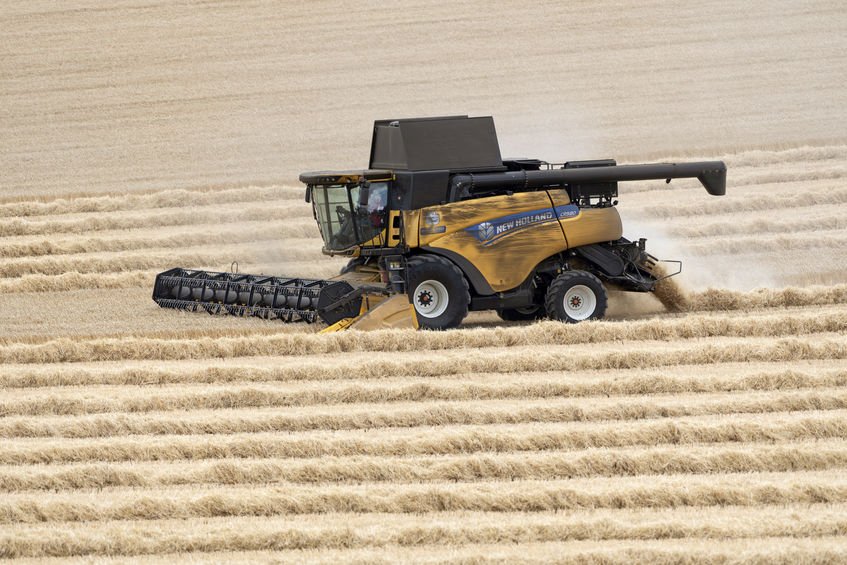
Farm profits in England rose by 15 percent to almost £4bn last year largely driven by an increase in crop production and favourable weather conditions.
New figures by Defra show that the total income from farming in England rose by £534 million to £3,995 million.
The main contributors to this increase were the rise in the value of output of wheat (+£306m), potatoes (+£154m), vegetable, horticulture and fruit (+£166m combined).
In addition some input costs fell, including plant protection (-£101m), animal feed (-£72m) and seeds (-£31m).
Total income from farming is the total profit from farming businesses on a calendar year basis.
It measures the return to all entrepreneurs for their management, inputs, labour and capital invested.
Defra added that agriculture contributed £8.1bn to the economy of England (gross value added), an increase of £678 million (9%) on the year.
Over ten years, on average, agriculture has added around 0.5% to England’s GDP.
Gross output rose by £572m (3%) to £20.2bn, largely driven by the increase in crop production, in particular cereals.
In general weather conditions were favourable, which helped boost yields.
The value of total livestock output rose by 1% to £9.6bn in England, the department explained.
The cost of goods and services consumed in the production process - intermediate consumption - fell by £106m (-0.9%) to £12.1bn. In general, prices were higher and usage lower.
Farm profits for the United Kingdom stood at £5.2bn for 2019, Defra said.
England is the largest contributor accounting for 75% of this total, Scotland 14%, Northern Ireland and Wales 5% each.
